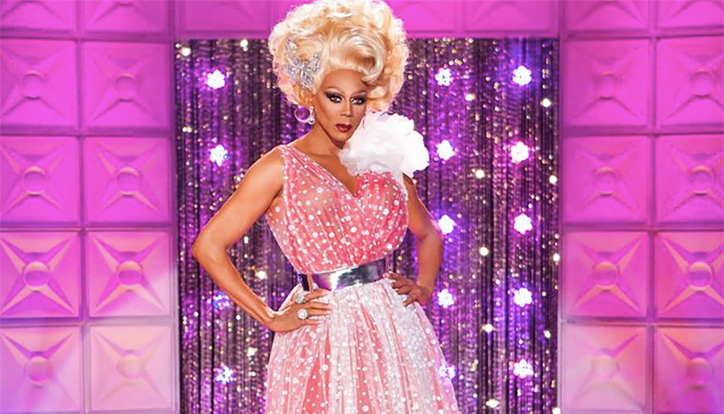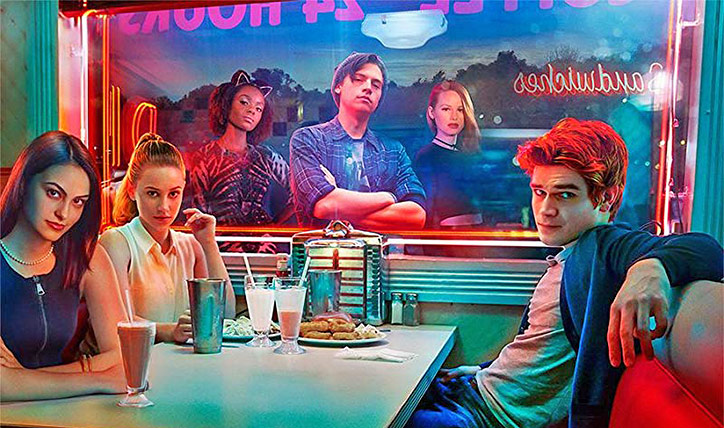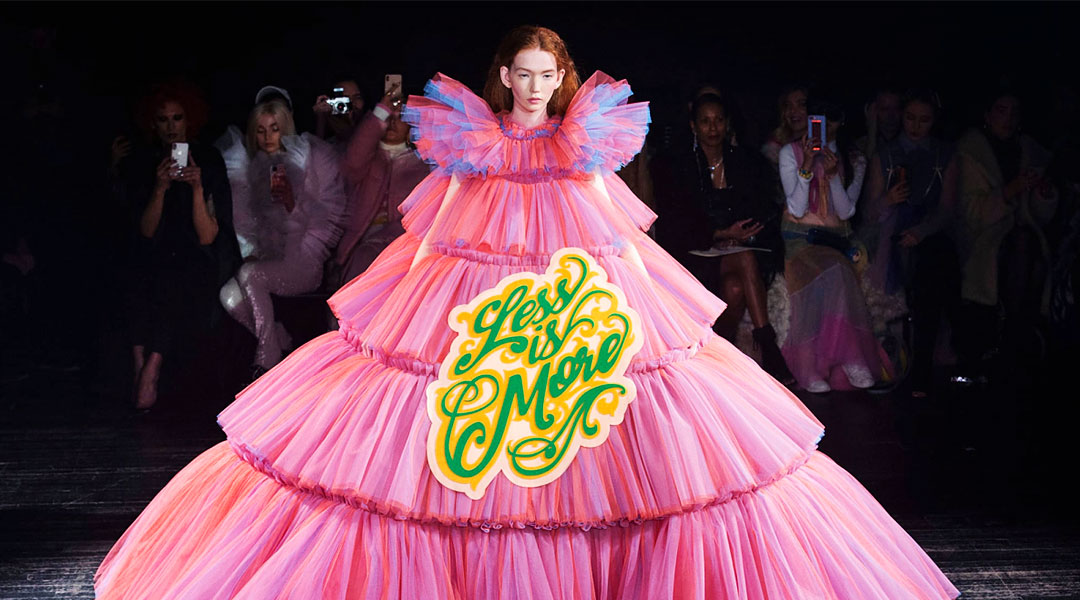The closer The Met Gala gets, the more we realize how little we know about it, including its theme.
In just a few hours, the steps of The Met will be filled with stars in their campiest looks yet. Here’s what we know so far: helping Anna Wintour host the gala are Lady Gaga, Serena Williams, and Harry Styles. The theme is “Camp: Notes On Fashion” based on Susan Sontag essay published in 1964. Aside from the announced guests, that’s it; that’s all we know so far. The red carpet of this year’s gala is expected to be unexpected for its theme but it’s not really easy to understand. What is ‘camp’ anyway?
For one, this ‘camp’ is not about sleeping outdoors and roasting marshmallows over fires while telling scary stories to each other. This camp is an “esoteric concept” according to historian Monica Sklar, of the Costume Society of America, in a conversation with The Post. It’s not meant to be understood by everyone but we’ll try anyway. In an attempt to understand this year’s Met Gala theme, we take the concept to pop culture references.
RuPaul’s Drag Race

The extravaganza that RuPaul’s Drag Race offers will completely set you up on all things camp in fashion and culture. It’s niche, outside the box, and even so pushing boundaries when it comes to gender and gender roles. The drag community shall take credit for all things beautiful in camp if I may say so. They have turned beauty, fashion, and performance to a level that ironically exploits their own threshold in the expression of their very selves.
Pop Stars Doing Pop Star Things

Lady Gaga, Miley Cyrus post-Liam (and pre-Liam-again), Korean pop idols—just a few examples of camp as seen in pop stars. It is though expected for pop stars to have their own gimmicks and appeal to a wide variety of people in ways (also) imaginable. But what makes this camp? Lady Gaga cooing with Bradley Cooper and going beyond the fourth wall with their Oscars performance and Miley Cyrus shedding off her Nashville country-vibe and riding a wrecking ball about a song called Wrecking Ball for her boyfriend. You can add in the old K-Pop aesthetic that is so bad it stood out. It’s the statement that says “this is fashion” but at the same time simply takes that of existing trends and adding a bit of bad into it to make it look… good, at least to us during those time.
Riverdale

…and basically a bunch of other remakes and adaptations of things we once loved. This series is so intentionally campy that it has formed a cult-like division of people who appreciate it’s campiness. You may hate the sudden song breakouts as in Glee (another campy series) but you will definitely be entangled in the stories of these kids who barely act their age. Its themes go beyond the imaginable almost obliterating the image of the Archie Comics we all adored.
Viktor Rolf Haute Couture S/S 2019 Collection

Talk about haute couture in the digital age; this very collection of meme couture takes camp in its textbook meaning. The intention of couture itself might as well be used as a prime example of camp but the statements on each dress take irony on literal text imprinted on each design. “Don’t touch me,” they said and Dua Lipa even wore it; just another example of camp meets pop. Maybe add in a dash of Tessa Prieto-Valdez—a prime local example of camp. I don’t know if anybody understands her sense of style but it’s not like she’s forcing us to understand it either. It’s simply how she appears to be.
Supreme

I wouldn’t call it your typical camp. There is something about Supreme though that makes it ironic. For one, it takes skate culture and fuses it with luxury. The brand began with ripping off Louis Vuitton and of the likes yet ends up collaborating with them soon as they gained clout. Streetwear in itself is a little bit of camp here and there but not completely camp. All the reasons simply add up: it’s just ironically sincere and too much (bricks, hammers, shovels, and even crowbars—what are you trying to build?) for something that’s just right.







